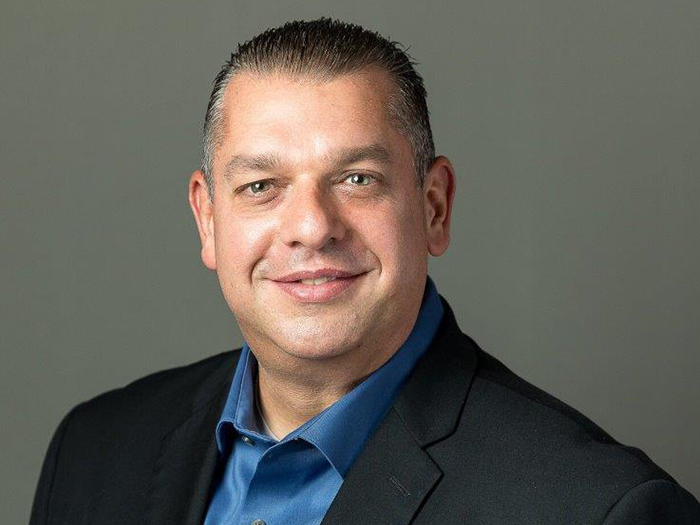To Reduce Litigation in Workers’ Comp, Start with the Injured Worker Experience
Why do so many injured workers seek out an attorney following a workplace injury? The Grand Bargain was formulated to prevent that kind of ongoing turmoil. Yet many injured workers seek representation for a variety of reasons.
One of those reasons centers around the notion that they “are not being heard.” Coaching injured workers through their recovery process includes lending an ear to the injured worker’s concerns, fears and anxiety about their injury and their future.
It is not uncommon for injured employees to immediately feel abandoned by their employer and fellow workers. Being removed from the workplace creates some isolation. “It seemed like no one from work wanted to talk to me because I got hurt.” I am guessing that has a lot to do with the fact that employers and fellow workers are unsure about what they can or should say.
Another oft-heard complaint is “I am not getting help” or “The help I am getting is not what I asked for or what I need.” Are these issues symptoms — or the disease?
An example: I was helping a woman who had a rotator cuff injury and who was also considerably overweight. Her employer wanted her back for light duty. The problem was, she was unable to pull her pants up without assistance after a visit to the bathroom and was adamant that such a humiliating experience was not something she wanted to have in the workplace. Feeling that she was not being heard on this issue was almost certain to bring a call to an attorney.
A workers’ comp claim seems to have an aura of “trouble” around it. As a published author and screenwriter, I have one piece of fundamental advice about language: The words we use matter.
For example, the word “investigate” brings forth images of detectives and the effort to place responsibility. I can’t see any situation where the word “investigate” brings comfort to an injured worker.
“Gathering information about how the accident happened to improve our safety standards” feels a bit less threatening and has the same result. Why put the mindset of the injured worker immediately on the defensive when you can enlist their aid as part of their employer’s injury prevention program?
I believe litigation is the symptom of a workers’ comp system that addresses the business requirements of a comp claim and fails to address the emotional aspect of the injured worker’s experience.
During the beta testing of an “enhanced care” methodology for injured workers being managed by OccMD in Texas, we were surprised at the welcome and unexpected effect it had on litigation rates. As Dr. Melissa Tonn will report in our upcoming panel on the last day of National Comp in Las Vegas, none of the 25 participants in our test litigated when we engaged them with weekly videos, audios, meal planning and a recovery guide call. That activity sends a very clear message to the injured worker: “My employer cares about my outcome.”
I believe we can all agree that avoiding litigation is an improved outcome. Optimizing patients with well-planned patient education seems to improve patient engagement and promote recovery.
I also believe that any injured worker offered next-level support to help them get better faster and stay better longer would prefer that benefit rather than having to sue their employer to get the attention they feel they deserve. &










